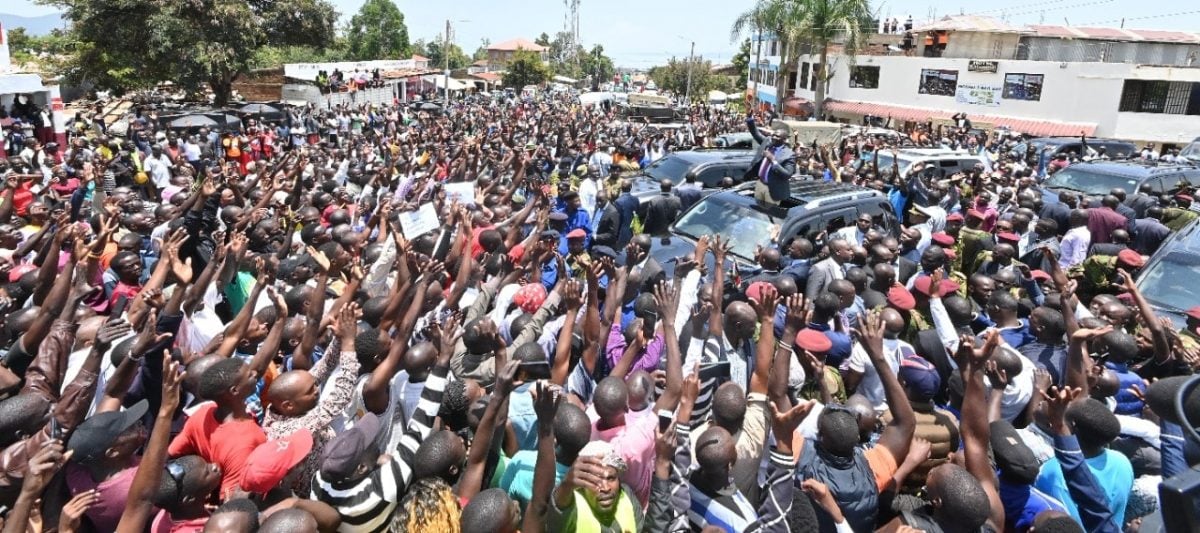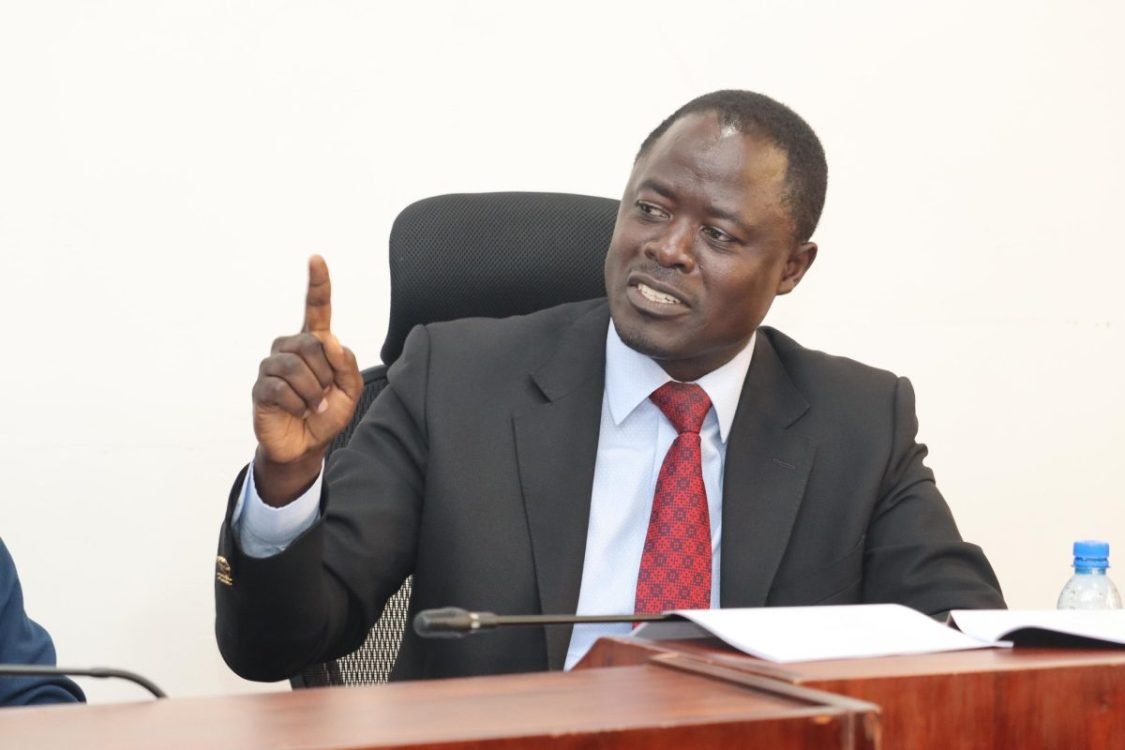Taskforce will address your CBC concerns, President says

President William Ruto yesterday said concerns raised over implementation of the Competency Based Curriculum (CBC) will be addressed by his administration.
Ruto said the taskforce he constituted last Friday would, among other issues, undertake summative evaluation of the new curriculum and recommend an appropriate structure to implement it.
“You have heard that two days ago, I constituted a taskforce to review implementation of CBC so that it can help our children and remove the burden put on parents,” Ruto told a crowd in Homa Bay, after attending a Sunday service.
“Nimeskia mnafanya homework mpaka saa nane ya usiku, tutapunguza mambo ya homework ya wazazi (I have heard that you are doing homework until late in the night, we will reduce this),” added Ruto.
He made the remark as the National Parents Association (NPA) protested being left out of the taskforce, saying that it is incomplete without parents since they are the main stakeholders.
The new NPA officials led by national chairman Silas David Obuhatsa said that one of the terms for the taskforce is to look into parents empowerment and engagement.
He, however, said it is wrong not to incorporate them in the taskforce to give their input because the recommendations may have a negative effect on parents and children.
“We are appealing to the President to consider appointing to the taskforce at least two of our top officials of the association because we are the ones who interact with the parents at the grassroots,” Obuhatsa said at a press conference in Nairobi yesterday.
Poorly designed
The officials, however, welcomed the government’s move to review the education sector saying that for a long time, parents have faced many challenges at all levels.
The officials said that while they support CBC, they are opposed to the manner in which it has been implemented.
“We will be making various proposals on CBC because we feel that it was poorly designed and implemented. What we are currently seeing in our schools is circus where our children are doing all manner of things,” said Obuhatsa.
NPA will be seeking a review to ensure an appropriate CBC structure, saying that the current one is risky, especially with placement of children in junior secondary school.
The parents said they are uncomfortable with the idea of placing Grade Six learners in secondary school, saying they are too young.
Quality assurance
Obuhatsa also said they want the examination system addressed.
“We feel the examination system does not test our students on their competencies in areas which they are good at but only focuses on grades awarded to candidates,” he said.
The parents’ association will also be making proposals on quality assurance and standard framework.
“We feel that currently, our schools lack quality assurance officers who are supposed to monitor what is being taught in our schools as you are very much aware children are doing endless homework, which we feel is not good for them,” said the chairman.
President Ruto said the 42-member team will work for six months and should issue him a progress report every two months and a final one at the end of the term.
He also said the team may co-opt such other persons who possess the appropriate competencies as it may consider necessary or expedient for the proper performance of its functions.
Working party
Among those appointed to the task force are sacked Kenyatta University Vice Chancellor Prof. Paul Wainaina, University of Nairobi Vice-Chancellor Prof Gitahi Kiama and Peter Mokaya Tabichi, the winner of the 2019 Global Teacher Prize. It will be chaired by Prof Raphael Munavu.
The team is expected to conceptualise and implement fundamental tenets guiding the competency-based approach.
“It is notified for the general information of the public that William Samoei Ruto, President of the Republic of Kenya and Commander-in-Chief of the Defence Forces has appointed a Working Party on Education Reform,” the notice reads in parts.
Apart from reviewing and evaluating CBC, the team will also check and recommend equitable access to education, especially for those facing social, economic and geographic marginalisation, vulnerable populations, children and persons with special needs.
They will also monitor tertiary institutions by reviewing and recommending a governance and financing framework for TVET training and development, university education and research and training institutions.







